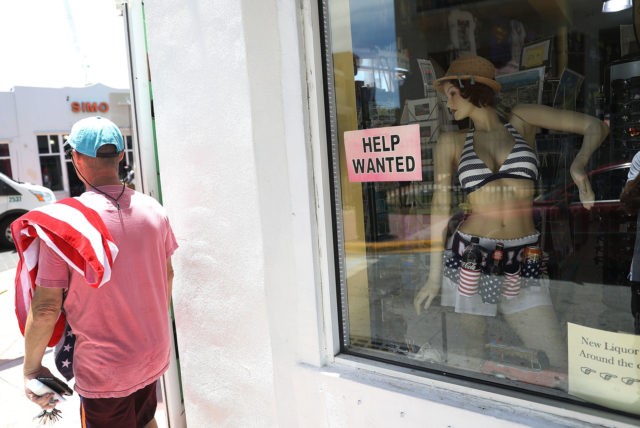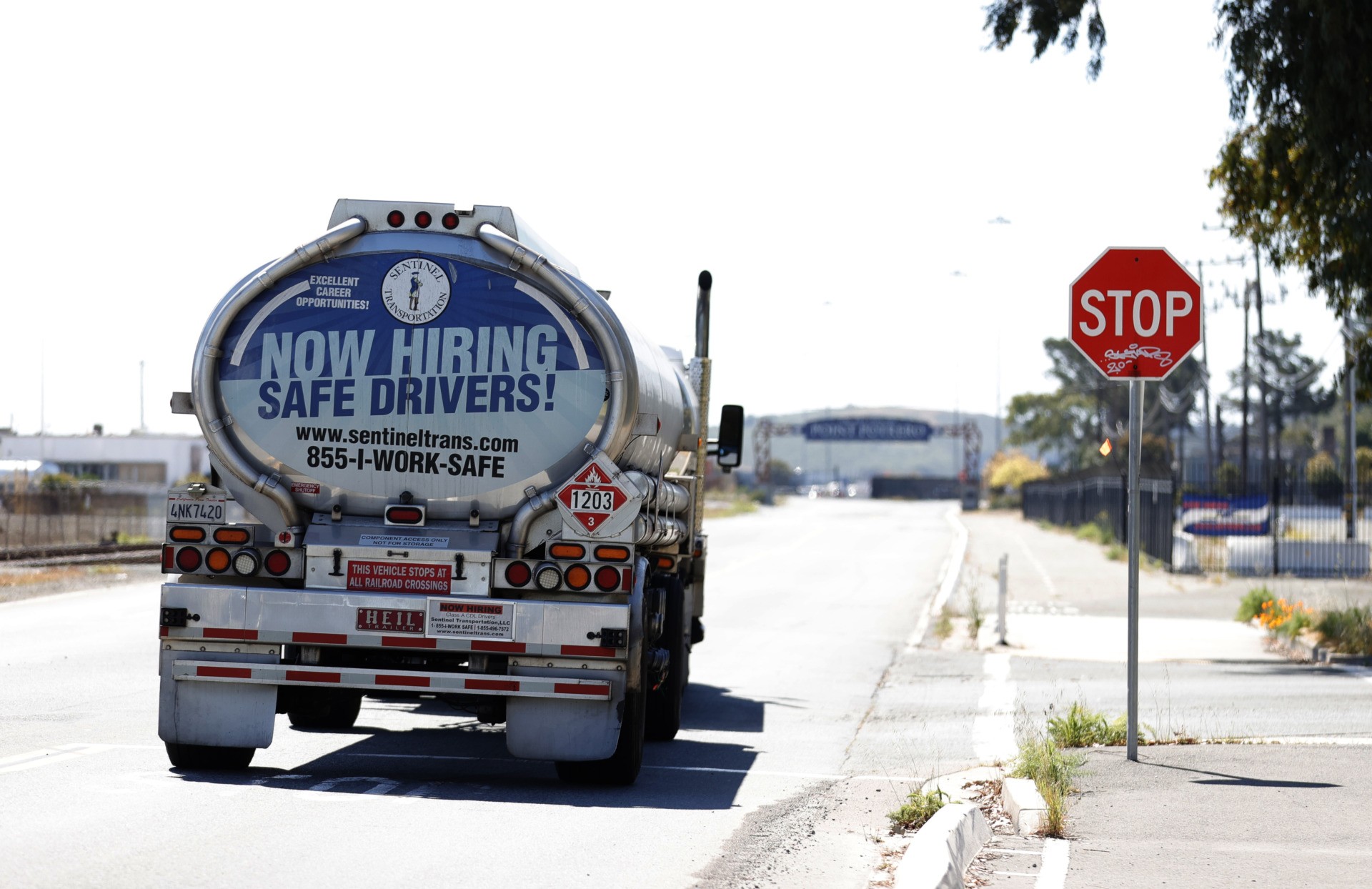U.S. job openings surged in July to a new record high even as the pace of hiring was little changed, highlighting the unflagging struggle of many businesses to expand their payrolls in an economy awash in pandemic emergency funds from the government.
The number of available positions rose to 10.9 million during the month from an upwardly revised 10.2 million in June, the Labor Department’s Job Openings and Labor Turnover Survey, or JOLTS, showed Wednesday. Analysts surveyed by Econoday had forecast July’s openings would match the preliminary 10.1 million reported in June.
Total job openings increased by 749,000, so that 6.9 percent of all jobs were open. Private-sector job openings rose 655,000 to 9.9 million.
Government openings rose by 94,000 to one million, driven by a 14,000 increase in state and local education and an 83,000 rise in openings in other state and local government positions. Openings at the federal government level shrank 3,000 to 116,000.
Openings fell in durable goods manufacturing and construction while rising in nondurable goods and mining.
Retail and wholesale trade openings also fell. Warehousing and transportation openings continued to climb.
Leisure and hospitality openings expanded by 134,000 to 1.8 million, with 1.6 million in restaurants, bars, motels, and hotels. This sector has the largest share of unfilled jobs but the rate of expansion has somewhat leveled off.
Health care and social assistance openings jumped by 297,000 to 1.8 million. Private sector educational openings fell.

NEW ALBANY, IN – SEPTEMBER 07: A healthcare worker tends performs office duties in the Intensive Care Unit of Baptist Health Floyd on September 7, 2021 in New Albany, Indiana. (Photo by Jon Cherry/Getty Images)
The financial and real estate sectors added openings. Finance and insurance opening rose 116,000 to 362,000. Real estate jumped 86,000 to 186,000.
Job openings are unfilled positions posted by employers counted as of the last business day of the month.

A man walks by a “Now Hiring” sign outside a store on August 16, 2021 in Arlington, Virginia. (Photo by OLIVIER DOULIERY/AFP via Getty Images)
There were 8.4 million unemployed people in America in August, according to an estimate from the Bureau of Labor Statistics, including 3.2 million counted as long-term unemployed because they have been out of a job for over six months. In addition, there are 3.2 million Americans who say they are working part-time but would prefer a full-time job. There were also 5.7 million people not in the labor force who wanted a job but had not looked for work in the past month.
Employers have said that they believe enhanced unemployment benefits, which were still available in many states until this week, were holding back hiring. Fear of the Delta variant may also have discouraged some Americans from accepting jobs. The refundable child tax credit payments, which started going out to families in July and provide income even to those not working, alongside the eviction moratoriums and student loan payments suspensions also have made it easier for unemployed persons to go without work.


COMMENTS
Please let us know if you're having issues with commenting.